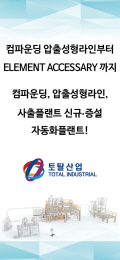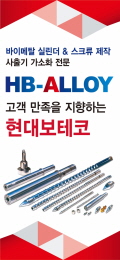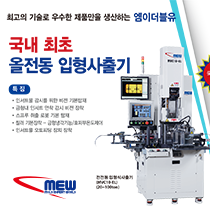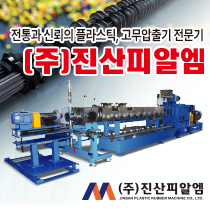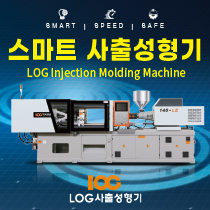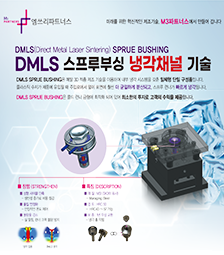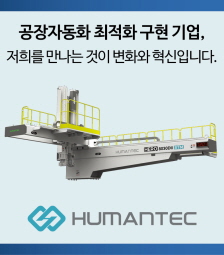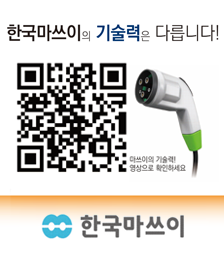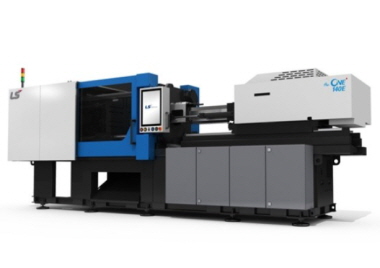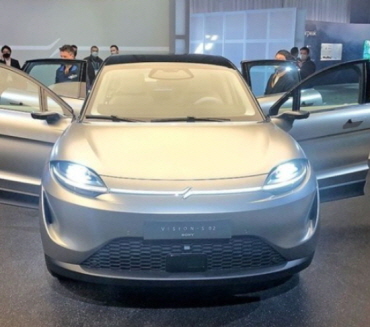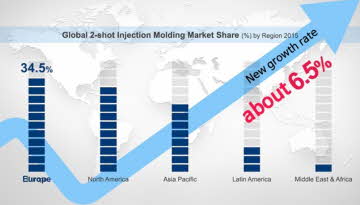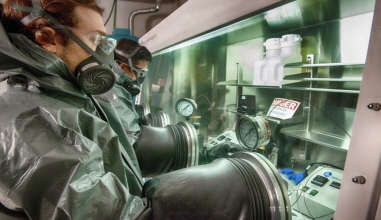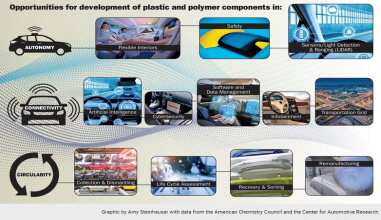At CES, held Jan. 7-10 in Las Vegas, Radac Automotive demonstrated its millimeter wave radar module. The patent-pending technology shows how gestures can be used to open a truck tailgate hands-free.
Vehicles are changing and getting smarter, as mechatronics, electronics and autonomous functions supersede more traditional mechanical parts and features on the interior and exterior.
For Adac Automotive Inc., a Tier 1 supplier and injection molder based in Cascade Township, Mich., near Grand Rapids, this technology progression affects its biggest product segment in the automotive market: door handles.
"Whether it's door handles or latches, all these things are purely mechanical parts becoming electronically driven with 'brains,'" Adac's Jeff Ackerman, executive vice president of global business development, said in a phone interview with Plastics News.
"We recognize that customers are going to start using things like gesture access to open a tailgate or open a liftgate, or open a power-sliding door or a side door. And they need obstacle detection technology, as well, when you have automated doors opening, so they don't hit things — people, objects and so forth," he explained.
These changes to the product area nudged Adac to start looking into current and emerging vehicle technology, such as lidar, that would allow the company to integrate these features into its product DNA.
The company determined radar was the best technology for the task because of its usefulness on the vehicle exterior, especially in varying weather conditions.
"New radar technology has the ability to discern minute detail … in all weather conditions," Ackerman said of millimeter wave radar, or mmWave radar, specifically. "It doesn't care about snow. It doesn't care about dirt on the outside of the car."
A genius partnership
On Jan. 2, just days before the start of CES in Las Vegas, Adac announced it was teaming up with Ainstein Inc., a Lawrence, Kan.-based startup specializing in smart radar systems and other advanced sensing technologies, to form a 50-50 joint venture that will design, develop and manufacture mmWave radar-based sensing products for the global automotive market.
The joint venture, called Radac Automotive, is expected to be operational by the second quarter of 2020. Appointed leadership of the venture is still under consideration, but the workforce — about 15 employees to start — will include representatives from both Adac and Ainstein, Ackerman said.
As for location, there is a "high likelihood" that operations will be set up in Michigan, he said.
Radac Automotive will operate independently as a Tier 1 supplier of radar technology, products and services to the automotive industry. The joint venture's focus on mmWave radar-based sensing products will be used for applications such as proximity gesture access sensors, vehicle access and entry, parking assistance, object detection, advanced driver assistance systems, in-cabin sensing and vital sign monitoring, and autonomous driving.
"The biggest change for us as a company is that we've got to retain our roots but become much smarter on the software and electronics hardware side," Ackerman said. "For a few years now, we've been running around chasing electrical engineering talent and bringing them into the company, and really focused on what do we have to do to our products to stay relevant in 10 years? The biggest answer is these parts have to become smart, and we have to become smart with them."
Through the strategic alliance, Ainstein will extend its expertise in radar technology to Adac's reputation as a Tier 1 automotive supplier. At CES, held Jan. 7-10, the two companies demonstrated the first Radac mmWave radar module. The patent-pending technology is designed to offer hands-free vehicle access.
"Ainstein recognizes the potential for our radar technology to be successful in the automotive industry and believes the strategic joint venture with Adac Automotive will streamline the process of bringing intelligent products to market," Andrew Boushie, Ainstein's vice president of strategy and partnerships, said in an emailed response. "This partnership successfully compresses the supply chain by bringing solutions to market that are fully integrated, facilitating the building of smarter vehicles."
Adac has additional partnerships that expand its global reach. This includes an alliance with Germany's Witte Automotive GmbH and Wisconsin's Strattec Security Corp. in Vehicle Access Systems Technology, or VAST Automotive Group, which provides a footprint in Europe, Asia, India and Brazil. In addition, Adac has two facilities in Mexico through another joint venture, Adac Strattec de Mexico LLC.
The company is ranked No. 42 on Plastics News' annual ranking of North American injection molders. Adac's injection molding sales for 2018 were $233 million, according to PN estimates.
"You see it with even our OEM customers who are massive companies. They're all partnering with people because they need the expertise that is … too hard to build organically fast enough," Ackerman said of strategic partnerships in the automotive industry. "I think partnerships are one of the answers to get where you want to be and leverage yourself."
With Ainstein's expertise in smart radar systems, Ackerman said it also provides an opportunity for Adac to broaden its product focus to other areas of the vehicle beyond door handles, such as parts on the bumper or the liftgate — basically anywhere you can integrate radar.
"You certainly want to hold on to the core things that made you a good company in the first place, but you have to evolve and pay attention to what's going on around you and adapt," he explained. "We're not a tiny company, but in the automotive space, we're not very big. We survive by trying to pay attention and get down the road of where you have to be in five years, not tomorrow."
Source : https://www.plasticsnews.com/news/adac-joint-venture-ainstein-adds-brains-molded-auto-parts Edit : handler


